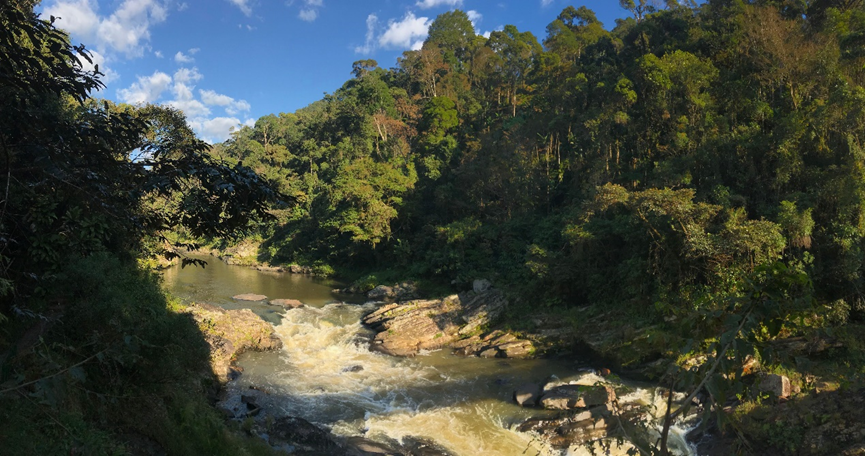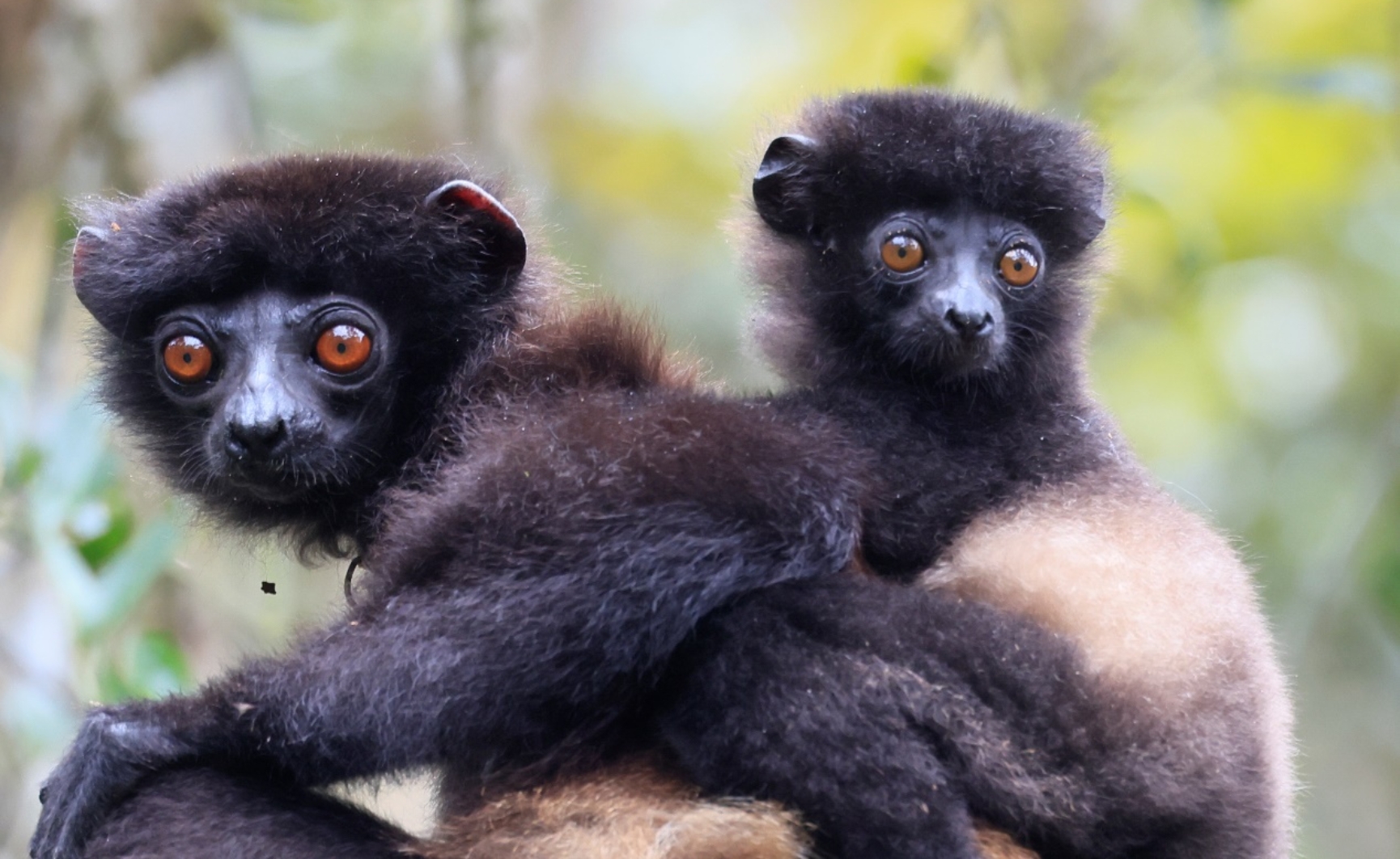Professor Eric I Ameca joins the Madagascar Section of the IUCN-SSC Primate Specialist Group, and reveals drivers accelerating extinction risk of a globally endangered sifaka.
The Order Primates is one of the most important groups of animals on our planet, and one of the most diverse groups of mammals. The IUCN SSC Primate Specialist Group has the mission to maintain the current diversity of the Order Primates and to have zero extinctions in this century. On August 2022, in recognition of Eric's commitment and many contributions to primate conservation, he was invited to join this important IUCN-SSC group where his research focuses on Madagascar's unique lemurs.
Eric's international research team studies the consequences of extreme climatic events and human pressures on animal populations and species to better guide strategies to protect them(https://eric-ameca.org/). Together with Patricia Wright's team from the Stony Brook University and Centre ValBio in Madagascar, he led a risk assessment for the endangered Milne-Edward's sifaka (Propithecus edwardsi) – a primate endemic to southeastern Madagascar experiencing deforestation of its habitat which is also affected by cyclones and drought. The results revealed that human-induced deforestation is the most influential variable affecting the species within the next 25 years, which becomes more susceptible to cyclones and drought towards the end of the 21st century.
The study suggests that forest law enforcement, community forest management and economic incentives for community conservation must be implemented to stop proximate deforestation causes. Expansion of protected areas could also support the recovery potential of Milne-Edward's sifaka from anthropogenic pressures, and make the species more resilient to future climate extremes.
The study was published online in the October issue of Biological Conservation, one of the leading journals in conservation science: https://www.sciencedirect.com/science/article/pii/S0006320722002695?dgcid=author
The study was also featured as a research highlight in Nature: https://www.nature.com/articles/d41586-022-03116-6 and Mongabay
https://news.mongabay.com/2022/09/worlds-smallest-primate-is-fading-into-extinction-scientists-fear/

View of Ranomafana National Park, where around half of the total population of the Milne-Edward's sifaka (Propithecus edwardsi) occurs. Credit: Eric I. Ameca.

Propithecus edwardsi with offspring. The species is threatened as a result of deforestation for agriculture and wood harvesting, hunting and climate extremes. Credit: Patricia C. Wright
